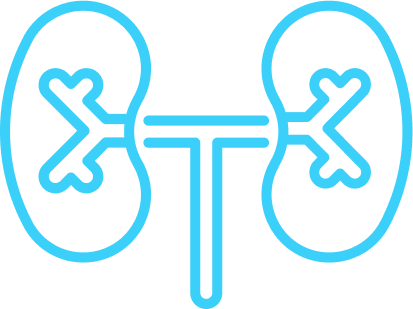Precise Insights
Advanced Data and AI for Renal Cancer
On-demand access to the largest and most sophisticated oncology data for accelerated RWE and improved patient outcomes.

See some of the 1000s of data elements we offer:
labs
Results from variety of patient tests
Visits
Oncology practice visits
Observations
Tumor-related observations plus vitals, biometrics, pain, and more
Procedures
Surgeries, radiation, biopsies, imaging, chemotherapy, etc.
Medications
Start and end dates, brand vs. generic codes, dosage, duration, and cycles
Diagnoses
Disease state, status, severity, and metastasis
Biomarkers
Biomarker testing, results, and timing
Disease Progression
Directly-observed measures of critical endpoints
Adverse Events
Different types of adverse responses
Histology
Classification into multiple categories
Cost & Utilization
Adjudicated costs with linked claims data
Safety, Comorbidities
Pre-cancer and claims charge events
Specialty Pharmacy & Hub
Rx acquisition status details
Payer & Formulary
Drug tiers and coverage
Social Determinants
Social and physical environment factors
Date of Metastasis
Rules-based imputation of date of metastasis
Metastatic Status
Imputation of missing data from unstructured notes
Date of Initial Dx
Imputation of index event
Line of Therapy
Regimen or progression-based drug classes
Patient Adherence
Identify root cause of product switching
Patient Acquisition
Predict factors driving patients’ brand decision
Request Data Count
Explore ConcertAI datasets to see how many patients are in your disease area and meet study criteria.
RENAL CANCER
Research Studies
Our scientists regularly publish leading RWE studies in the fields of clinical development and health economics and outcomes research.
renal cancer research study
Generalizability of Clinical Trials
Narrow trial eligibility criteria threatens generalizability of findings to real-world settings. This study compared patients receiving treatment for metastatic renal cell carcinoma (mRCC) to those enrolled in pivotal trials.
See Full StudyMethods
Retrospective Registry
Analysis
- Community practices
- Academic centers
Patient Criteria
- Registry patients were compared to trial subjects treated with the same agent
Results
633
Patients in registry
Findings:

Patients received sunitinib, sorafenib, temsirolimus, or pazopanib
The model improved accuracy:
Had ECOG >1

Compared to trial population
Registry patients:

Years older than clinical trial subjects

Failed to meet Phase III trial inclusion criteria
Conclusion
Real-world patients are older and sicker than those enrolled in pivotal clinical trials. Application of clinical trial findings to dissimilar populations may result in patient harm.
Research for Journal of Clinical Oncology, 2014
